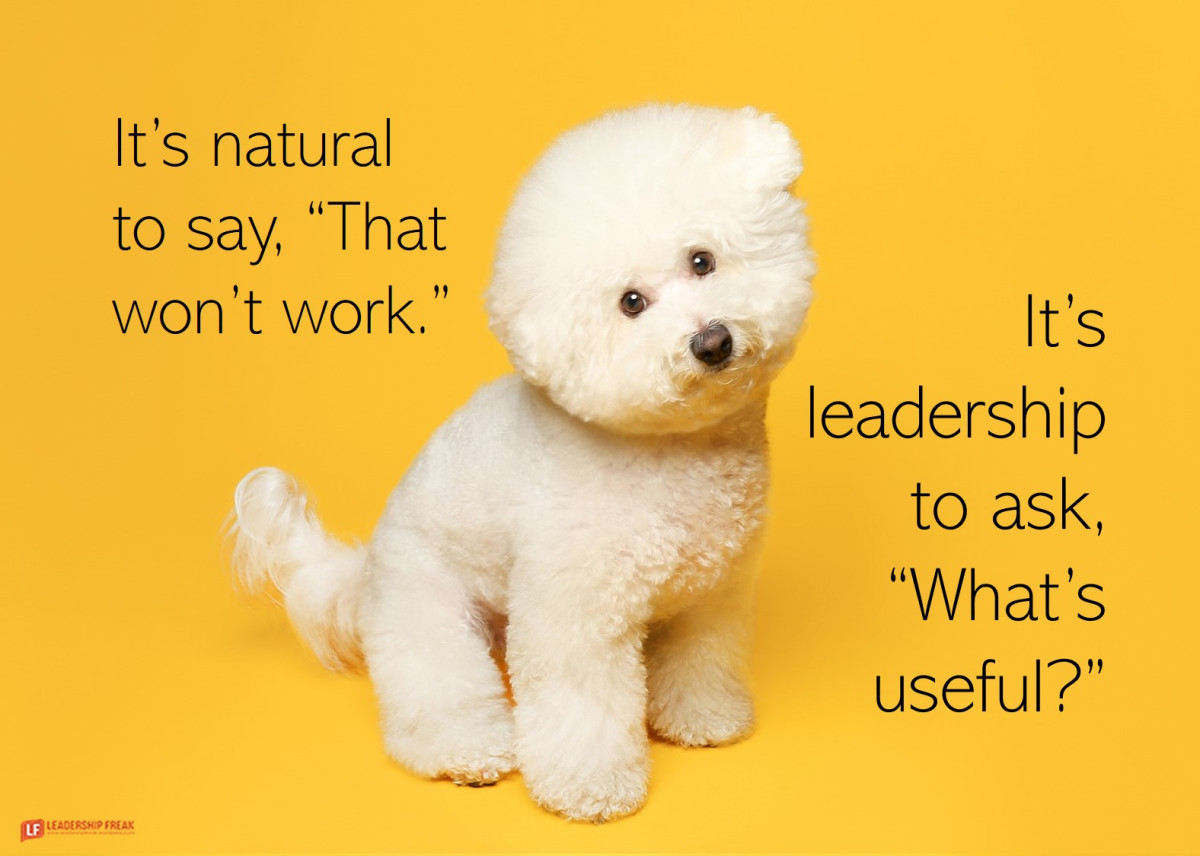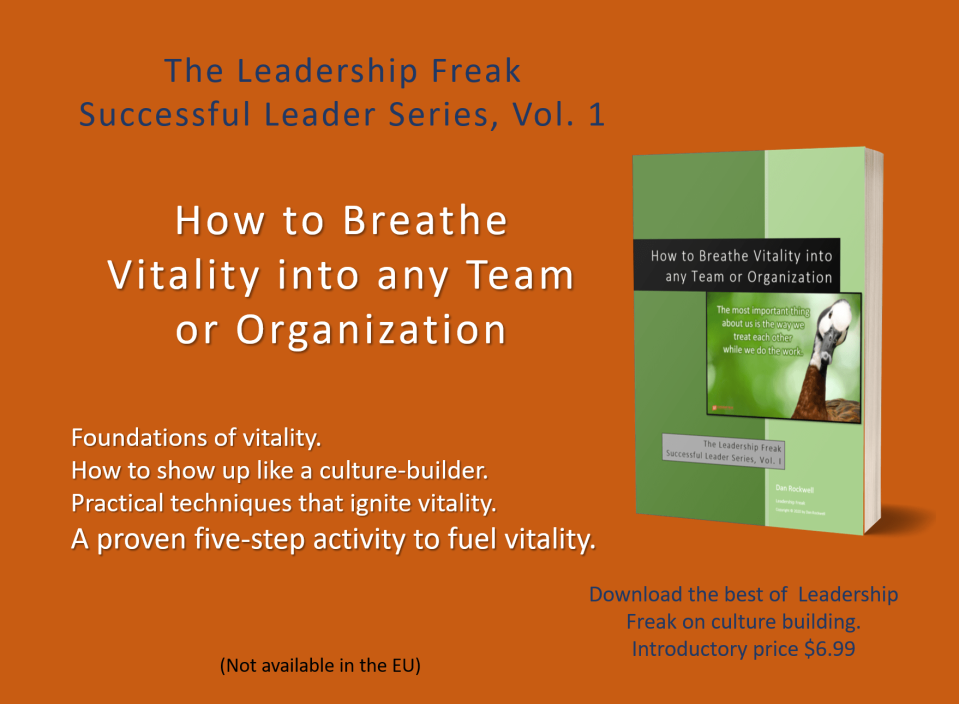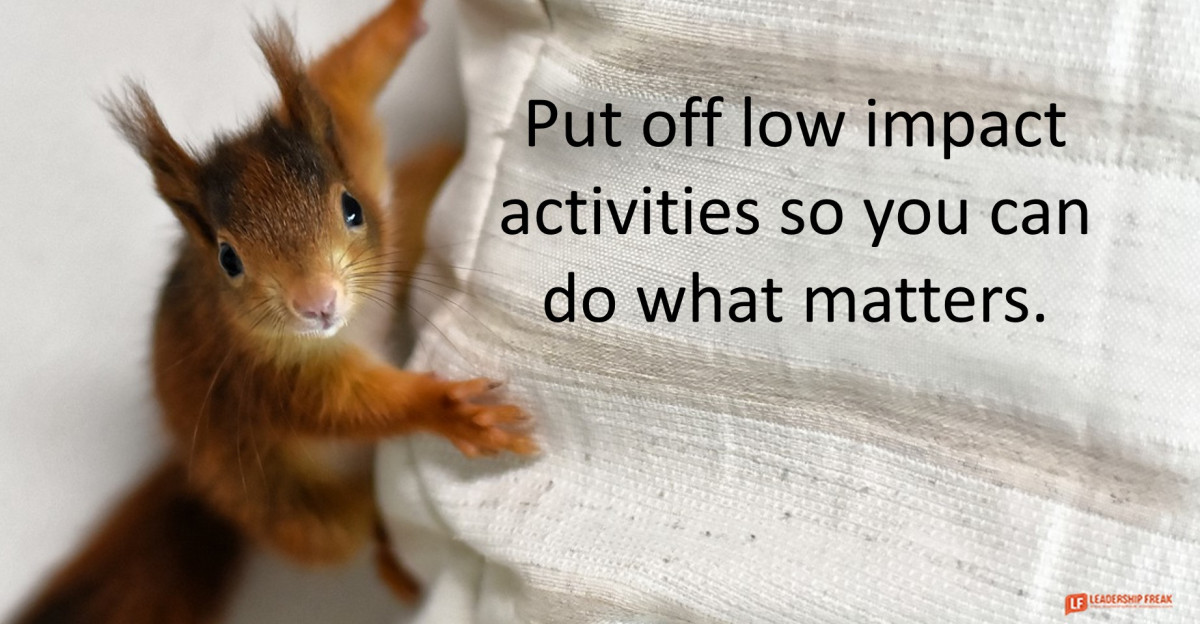ZenBusiness is one of the most reputable and popular business formation services on the market today. If you’re starting an LLC or a corporation, they can handle all of the paperwork and filings for you.
The simplicity, fast filings, and excellent support provided by ZenBusiness are all top reasons why it’s so highly recommended. Plus, it’s affordable—even for small businesses.
Tens of thousands of businesses have been formed with ZenBusiness.
As a Public Benefit Corporation, ZenBusiness is committed to making sure small businesses are successful. Social impact is part of their business model and mission statement.
So is ZenBusiness right for you? What services do they offer? Is it a good value? We’ll answer all of these questions, and more, throughout our in-depth review of ZenBusiness.
Already convinced? Get started with ZenBusiness now.
ZenBusiness Business Formation Services
ZenBusiness has a wide range of services, but its offerings in the business formation category are definitely the most popular—more specifically, the LLC services, incorporation services, and registered agent services. We’ll break these down in greater detail below.
ZenBusiness LLC Services
Due to its liability protection, forming an LLC (limited liability company) is an appealing option for business owners who want to protect themselves from individual responsibility related lawsuits or debts incurred by the business.
Once an LLC is formed, the business becomes its own entity. So all of the legalities associated with the business are separate from the owner.

Of all the services offered by ZenBusiness, LLC formation is definitely the most popular.
Getting started is simple. Just navigate to the ZenBusiness website, select “LLC” from the dropdown menu on the homepage, and select your state.
Next, you’ll choose from one of three ZenBusiness packages. Let’s take a closer look at these plans…





 ‘ + data.settings.title + ” : ” }}} ]]>
‘ + data.settings.title + ” : ” }}} ]]>






